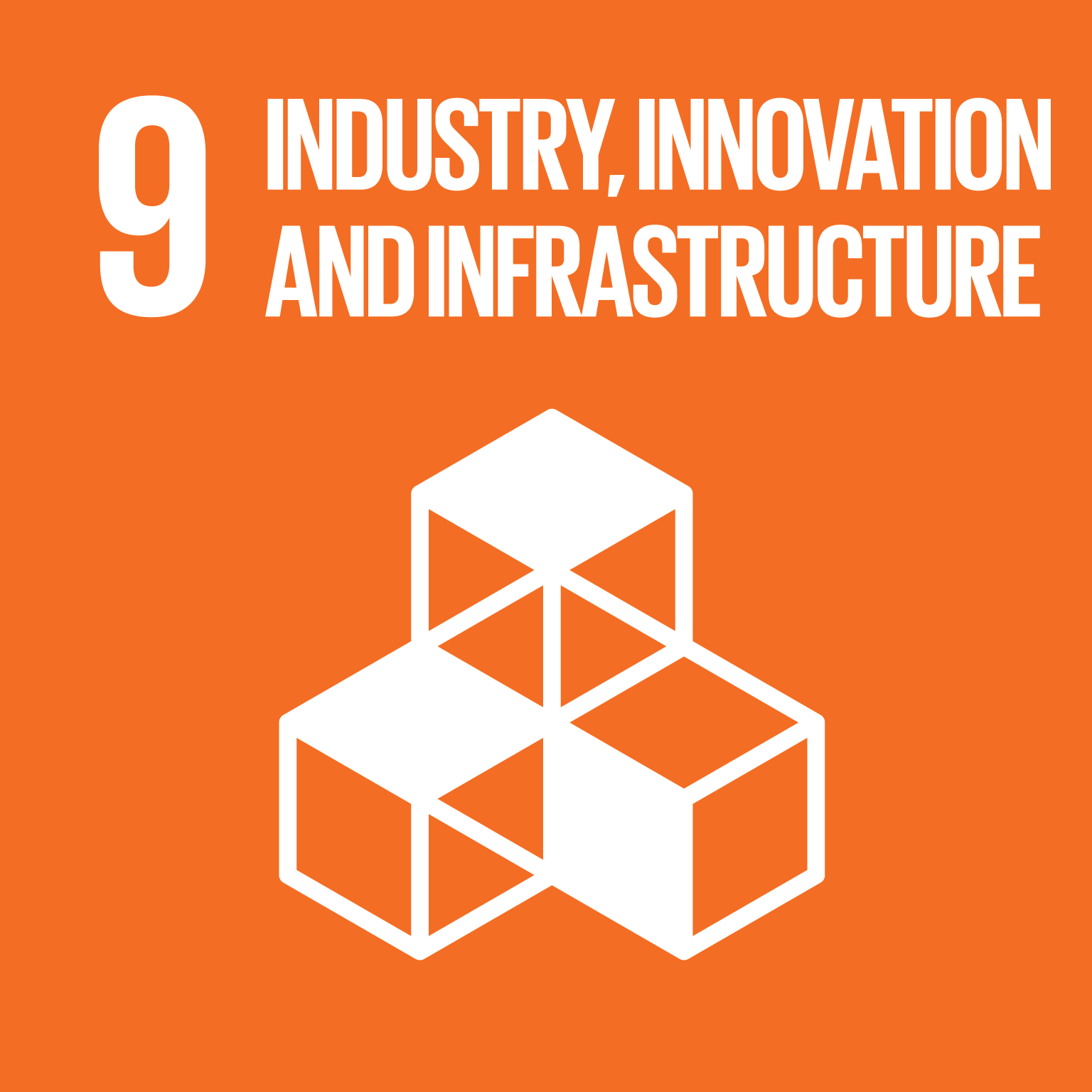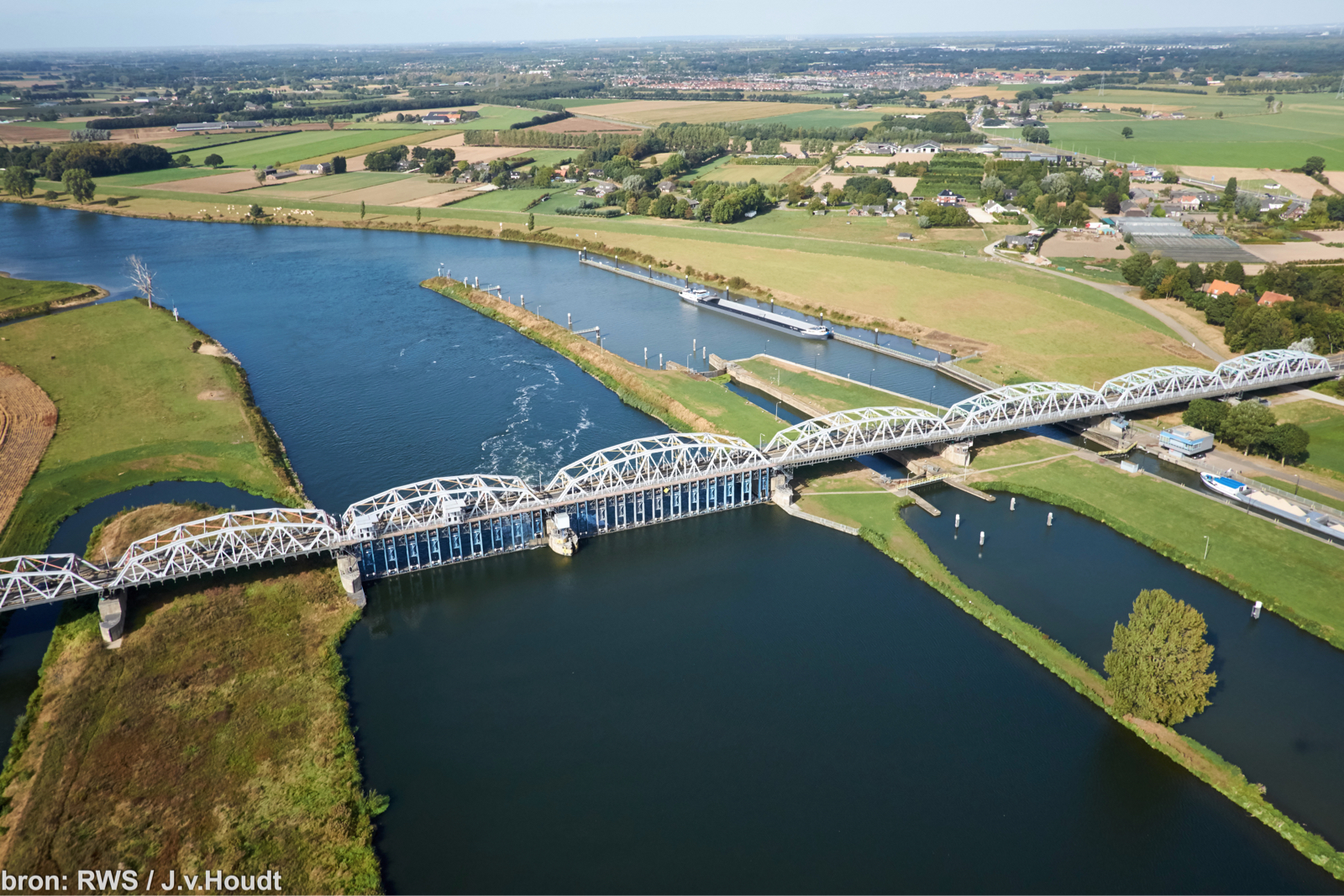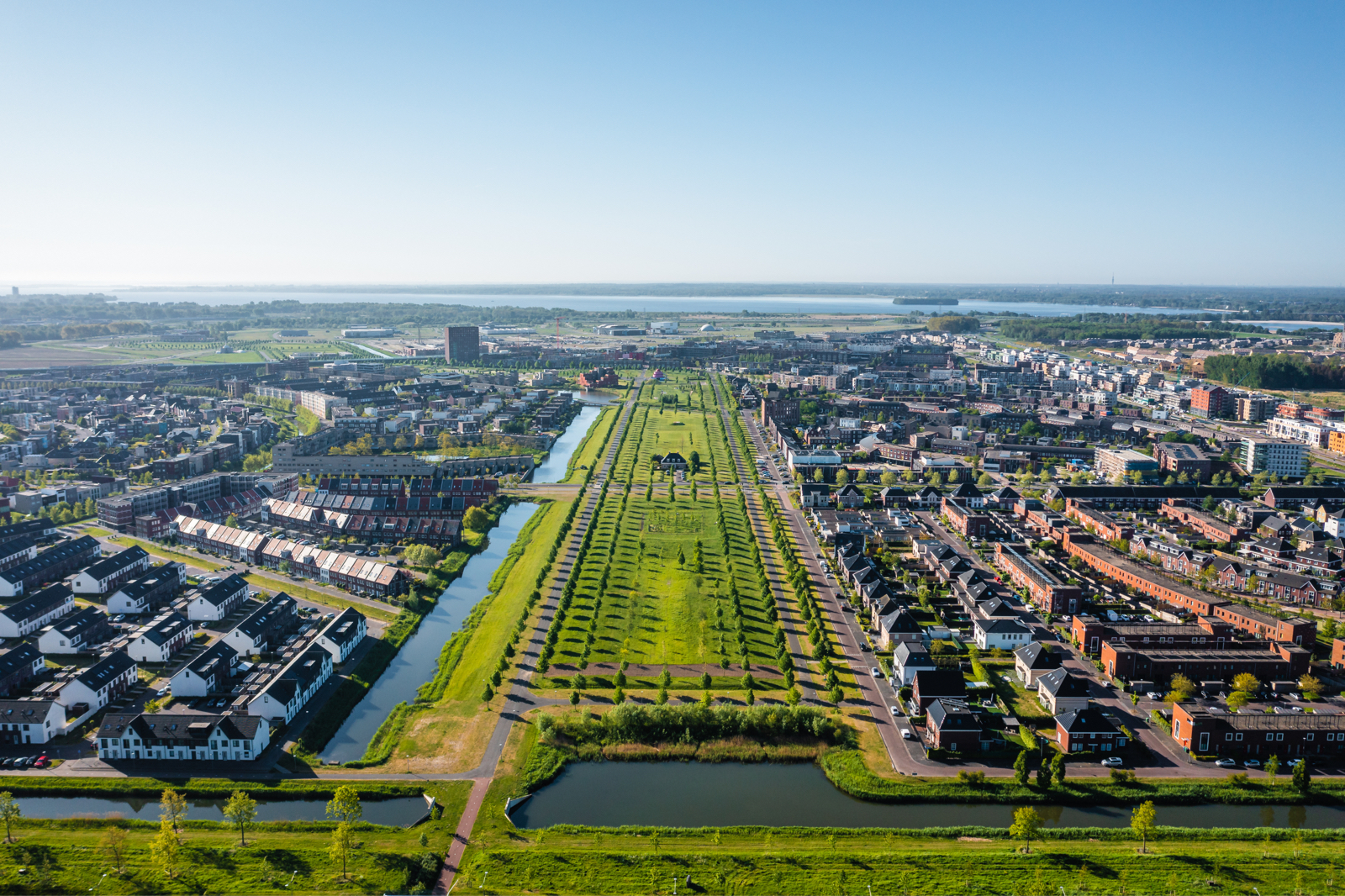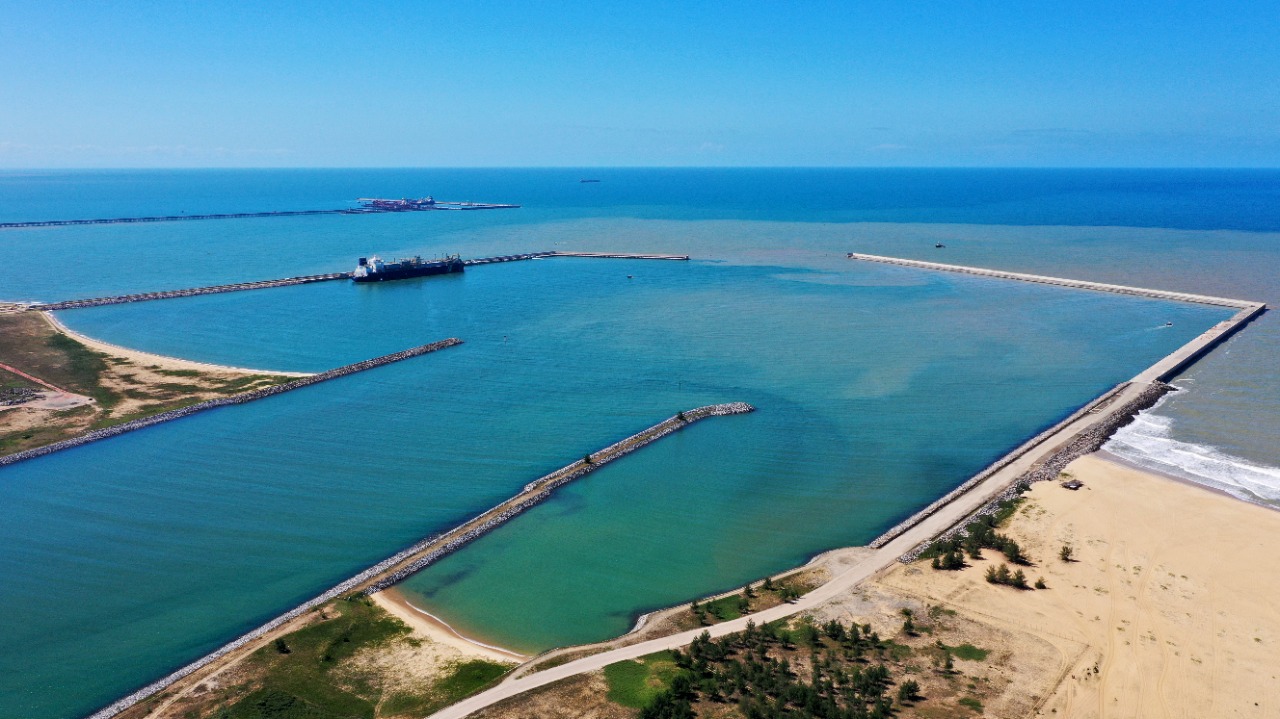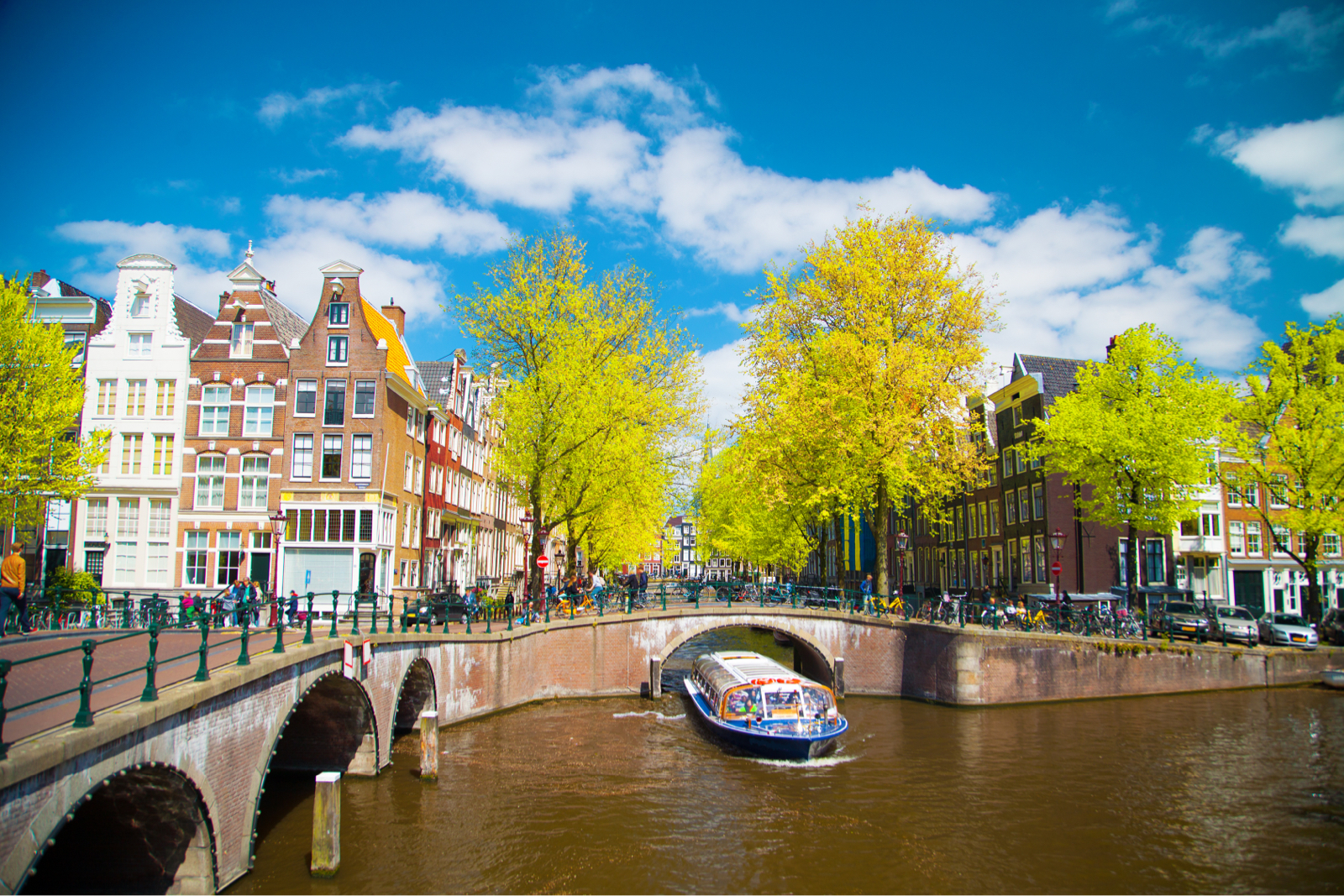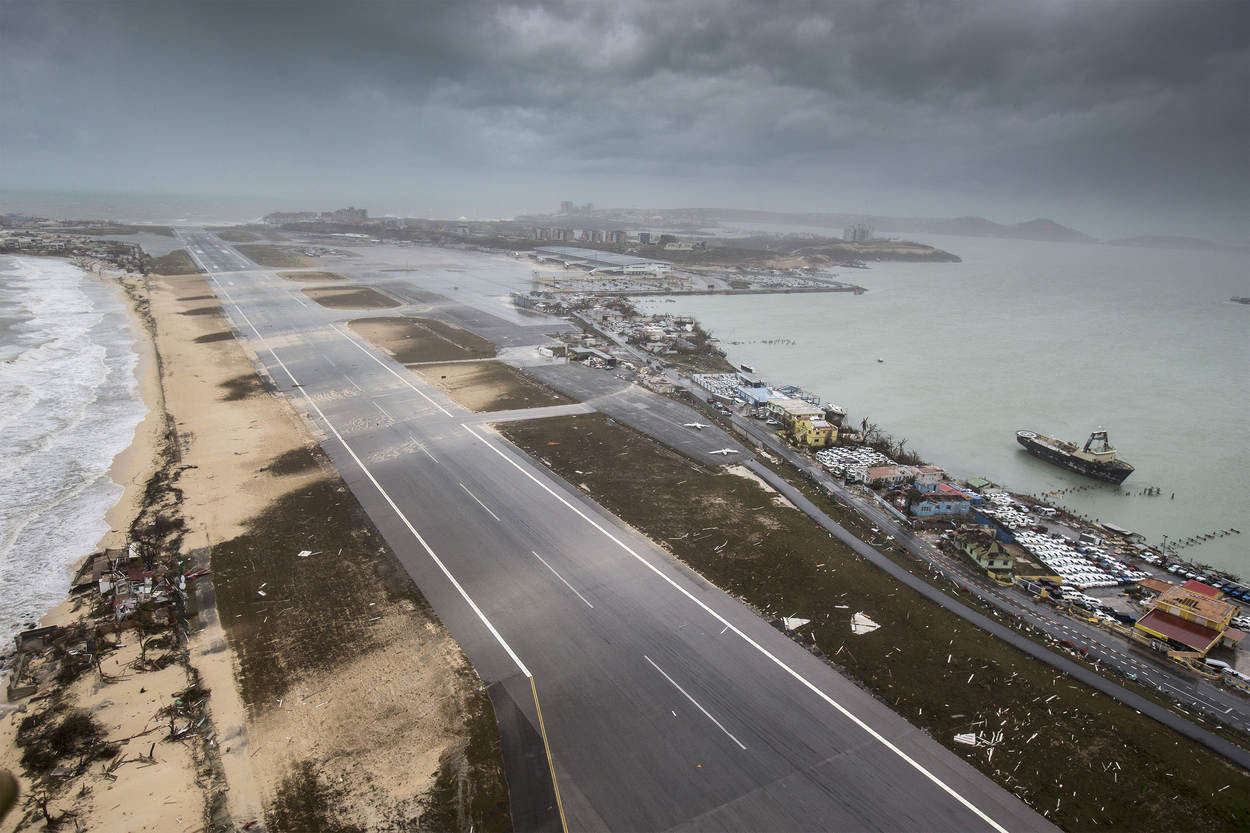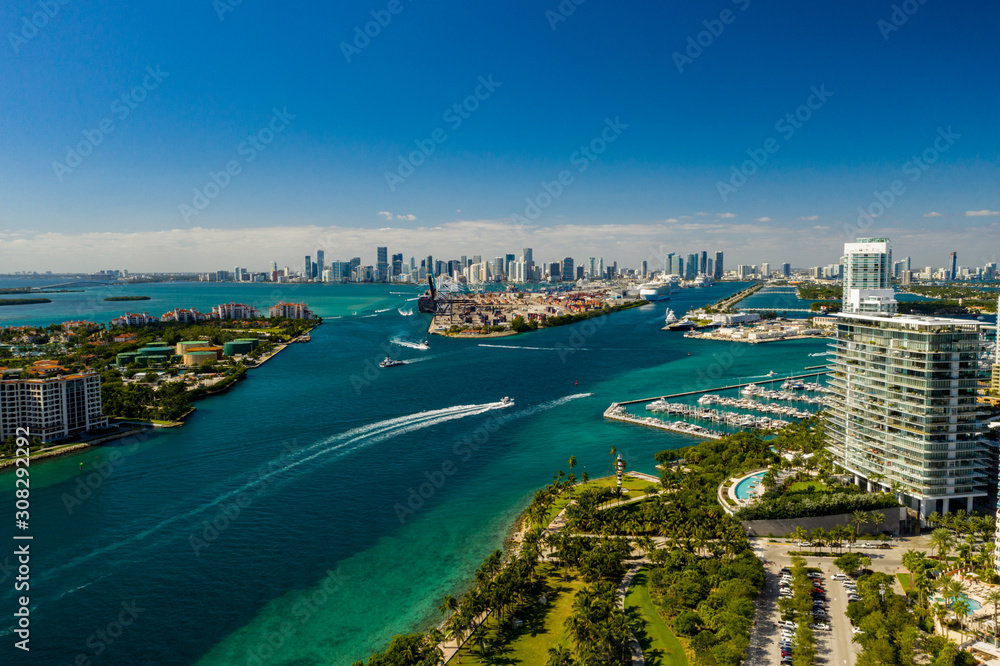Navigating towards climate resilient ports
Seaports are crucial nodes in the world supply chains: they are located at the interface between land and sea, where goods are transhipped on their way to the hinterland. More extreme weather due to climate change – droughts, extreme rainfall events and tropical cyclones, for example – are likely to be more frequent and longer in the future, disrupting transport and port operations and/or damaging port infrastructure. Ports are looking for guidance on how to factor in climate change and sea level rise in long-term investment decisions about, for example, port expansion or new infrastructure. Deltares helps ports, policymakers, and investors to assess and improve the resilience of ports to navigate the changing climate.
Our approach for port resilience assessments
Climate change could affect port infrastructure and operations in various ways: more flooding due to sea level rise, more disruption of port operations by extreme weather events, or the hindrance of inland shipping timetables by extreme river water levels. The magnitude of the effects of climate change, the vulnerability of ports to these changes and the options to adapt vary considerably across the globe. We help our clients by (1) formulating the global climate scenarios of the International Panel on Climate Change (IPCC) in terms of local challenges for port operations, (2) putting extreme events into context (historical and otherwise), (3) showing how climate risks relate to local exposure and vulnerabilities and (4) advising on adaptation solutions. We disseminated our approach at the PIANC COPEDEC conference in Manila in 2023.
'Deltares helped us to better understand our climate risks and the adaptation measures to be taken now and in the future.'
Gustavo Cruz, Port Control General Manager, Porto do Açu
From knowledge to action
Deltares conducted a desk study for the Port of Amsterdam to identify the most relevant climate risks as a starting point for further analyses and studies. For Porto do Açu in Brazil, we made a more quantitative assessment to explain the climate risks to investors and advise the port on the design criteria for future infrastructure investments. We also investigated possible indirect effects of climate change, for example in the domain of maintenance dredging. For the Port of Sohar in Oman, we put recent tropical cyclone events – which resulted in significant loads on coastal structures and port downtime – into statistical context. Using our TCWiSE (Tropical Cyclone Wind Statistical Estimation) toolbox, we showed that, unlike cyclones in the past, today’s cyclones need to be taken into account when designing port structures in this region. The detailed results of our work allowed the port to optimise its designs for an ongoing planned port development, while keeping additional costs low. At present, we are conducting a wider climate resilience assessment for the Port of Sohar, using our inhouse developed climate driver tool and flood risk assessment software (such as wflow, SFINCS and Delft-FIAT).
'The advice studies by Deltares form a solid basis for us to develop resilient port infrastructure that is ready for the future.'
Tim Schmidt, project manager, SOHAR port and Freezone
Stay up to date via knowledge networks
Our experts participate in national and international knowledge networks and working groups, including the United Nations International Panel on Climate Change (IPCC), the PIANC Permanent Task Group on Climate Change, and SmartPort in the Port of Rotterdam. In that way, we share our insights with our networks and constantly monitor the latest developments in this field.
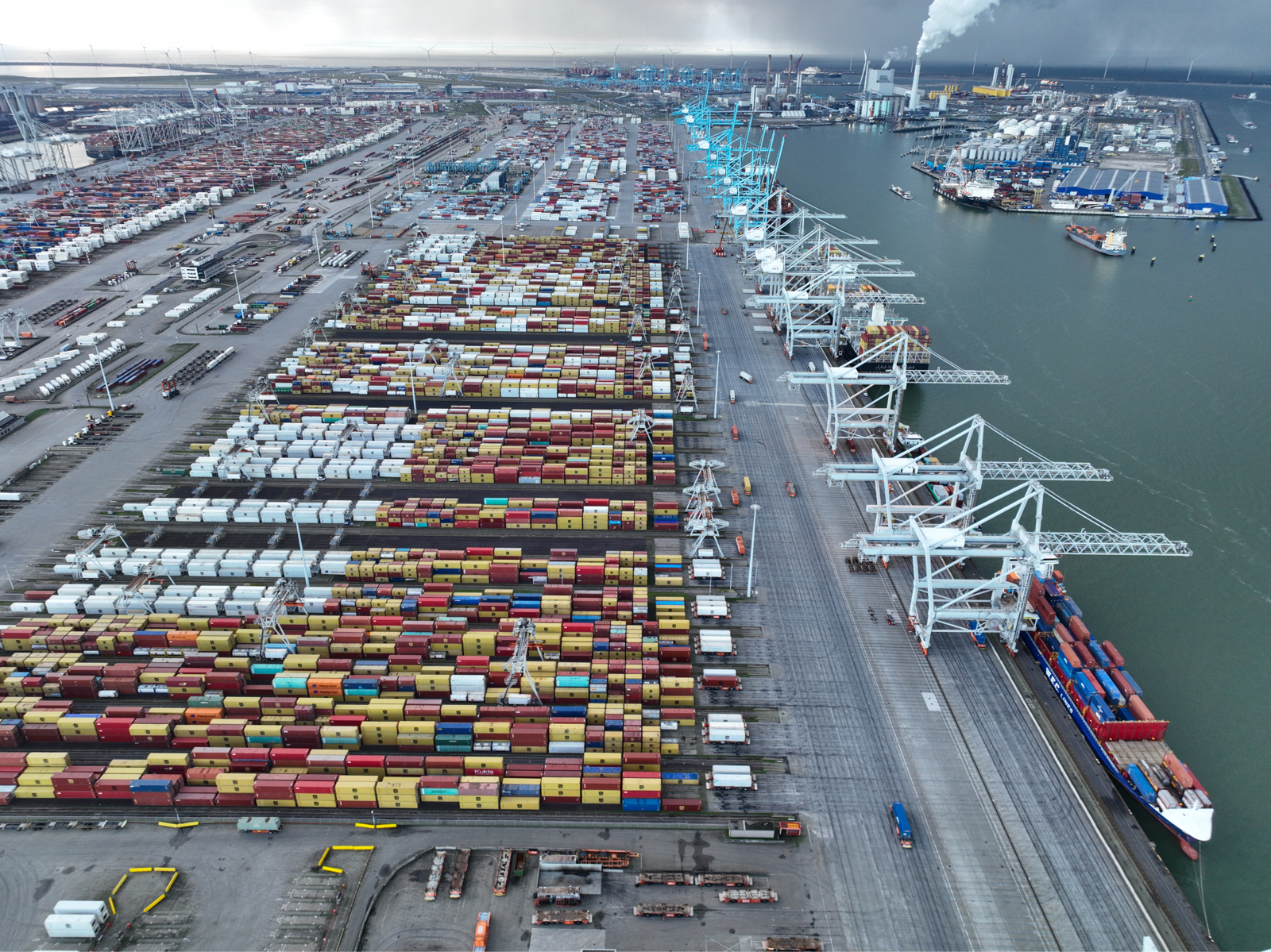
Improving the resilience of port infrastructure & operations
Deltares uses its software and experimental laboratory facilities to study climate adaptation measures and increase the resilience of ports and hinterland systems. In our 2022 impact report, we described our impact on climate-resilient hinterland infrastructure networks. That work also involved exploring the climate resilience of, and adaptation strategies for, the Rotterdam-Ruhr transport corridor in the Netherlands, which we presented at the Decision Making under Deep Uncertainty (DMDU) conference in Delft in 2023. Another example is our research on climate-robust breakwaters. We use laboratory experiments and detailed Computational Fluid Dynamics (CFD) to test how combinations of adaptation measures – such as offshore reefs, foreshores and crest walls – can effectively limit wave overtopping of port breakwaters, publishing several journal papers on this topic. We use this information to make quantitative adaptation pathways for the gradual adaptation of port breakwaters to climate change. This is a nice example of how we help ports to navigate the changing climate and improve their resilience in time so that they can continue to fulfil their critical role in society.
All Sendai priority’s
Sustainable development goals
Industry, innovation and infrastructure
